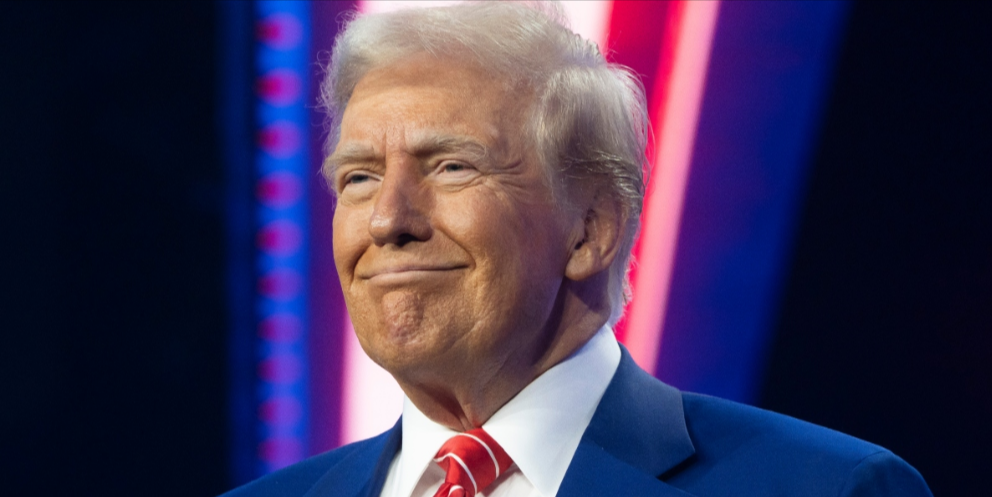Trump’s Focus On Panama, Canada, Greenland About Redefining U.S. National Security: Experts

President-elect Donald Trump’s renewed focus on the Panama Canal and Greenland signals a broader effort to redefine U.S. national security in a world made increasingly hostile by the policies of the outgoing Biden-Harris administration, according to a recent analysis.
“Making Canada the 51st state. Retaking control of the Panama Canal. Buying Greenland. Donald Trump made a series of Christmas pronouncements that legacy media dismissed as classic bravado unworthy of serious consideration, but those who advise the President-elect say there is a more calculating intent behind his recent social media flurry,” John Solomon of Just the News wrote this week.
As America’s incoming 47th president, Trump is reportedly crafting a bold strategic framework to secure the United States and Western democracies against emerging threats, particularly as an assertive China extends its influence beyond the Pacific, Solomon noted.
“I think Trump is looking at the world from a new geography standpoint and asking how do we increase the zone of countries that are truly committed to freedom, and how do we make sure, how do we provide a very deep security belt around the United States,” former Trump State Department policy adviser Kiron Skinner said on the John Solomon Reports podcast Friday.
Trump’s provocative statements are seen as a deliberate attempt to challenge Americans to rethink the global landscape, especially as U.S. influence across Latin America, Africa, Europe, and Asia has waned under the current administration, experts suggest.
The traditional Cold War-era strategies are no longer sufficient, with new challenges posed by North Korea’s nuclear arsenal, Iran’s nuclear ambitions under radical Islamist leadership, and Beijing’s calculated positioning at critical global trade chokepoints. Addressing these issues requires a significant overhaul of strategic policy, an area where the State Department has struggled in recent years, Solomon argued.
“People forget that this issue has been a key one for President Trump. He has talked about the Panama Canal throughout the campaign, and he repeatedly and correctly noted that this remarkable geostrategic asset was frittered away gratis under Jimmy Carter,” said Sebastian Gorka, a former national security advisor during Trump’s first term who is slated to join the National Security Council as counterterrorism chief.
“The fact that the port facilities at both ends of the canal would fall under the control of entities tied to China was never part of the original agreement with Panama,” Gorka added. “The President has been clear that America’s economic might and full pallet of tariffs tools may be used to guarantee that the canal is operated in ways that comport with the economic and national interests of the United States.”
According to retired Army Lt. Col. Anthony Shaffer, Trump’s Christmas Day posts were designed to spark debate and set the stage for negotiations once he assumes office.
“He always goes in from a position that gets people’s attention. And then once people kind of flail around … people settle down and they start having a realistic, adult discussion,” Shaffer said during a Thursday appearance on Newsmax.
“These are strategic areas that the United States needs to have dominant influence over,” former Deputy National Security Adviser Victoria Coates explained on the Just the News, No Noise television program Thursday evening. “Start with the Panama Canal. That was President Reagan originally. That was the hallmark of his 1976 primary campaign. It’s ours. We paid for it, and that is all true. It was President Carter who subsequently just unilaterally gave it back to Panama.”
Coates added, “We pay exorbitant fees. Meanwhile, Panama has gone into agreements with China for special economic zones on either side of the canal. That’s intolerable. All that has to change. As for Canada, which should be a great partner to the United States, hopefully they’ll be under new leadership next month, and … we could really dominate the world energy market.”